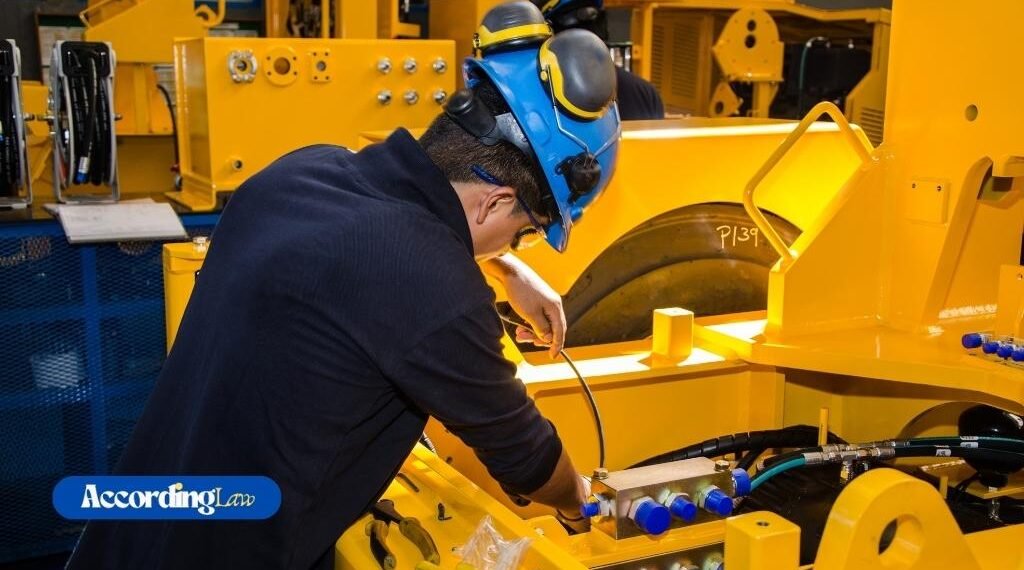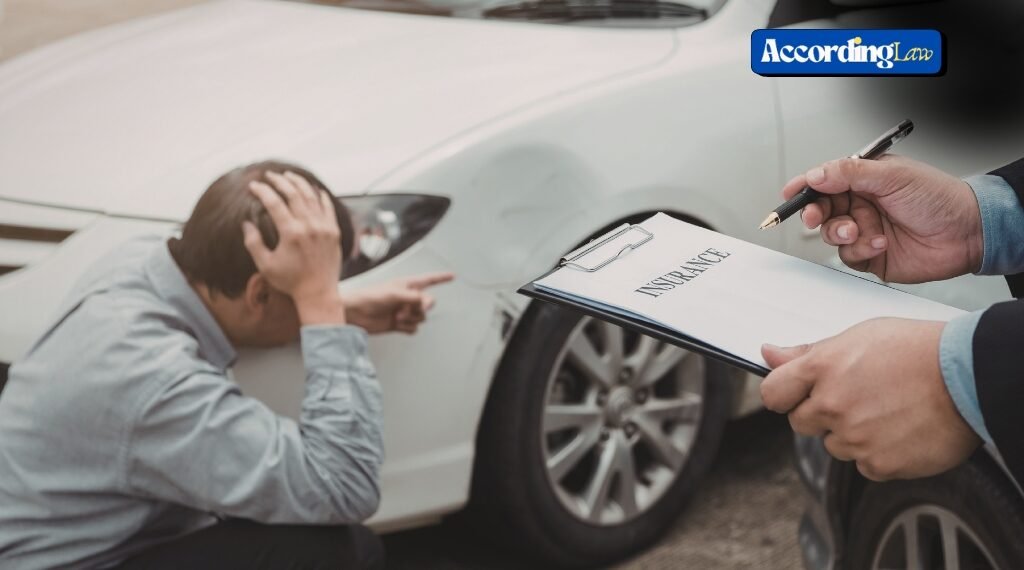When multi-ton machines collide with smaller vehicles, the results can be catastrophic. Unlike minor fender benders, these incidents often turn a split-second oversight into devastation that reshapes lives forever. Survivors and their families must grapple with overwhelming challenges from long-term medical care to legal complexities that follow such massive accidents. For many, support from the TK Injury Lawyers legal team for truck accidents becomes critical in navigating the path forward.
Table of Contents
Sheer Scale of Impact
The raw power exerted by large trucks, buses, or construction equipment when they are in a collision with passenger vehicles produces large forces that can cause horrific injuries. Victims of these types of accidents often suffer mental and emotional trauma as well. When combined, these injuries cause the victim to suffer financially as a result. A momentary lapse in concentration or judgment can result in lifelong pain and suffering.
Long-Term Consequences Beyond the Crash
For victims, the actual incident is just the beginning of a long road to recovery. The resulting injuries can necessitate years-long rehabilitation involving specialists, painful surgeries, and adaptive devices so that some sense of independence can be regained. The effects of the injuries ripple through an entire family. Depending on the level of care required, homes may need to be modified for accessibility, and family members may have to make sacrifices to become caregivers. Continuing care not just for the visible injuries but also for the emotional and psychological effects puts emotional pressure on the entire family. Mounting hospital bills and a loss of income also cause a continuous condition of hardship.
These ripple effects highlight why addressing the aftermath of heavy machinery crashes is not just about fixing injuries; it is about rebuilding lives. The cost of large truck and bus crashes exceeds billions annually, reflecting not just property loss but also the enduring burden on human well-being.
The Role of Accountability
Establishing accountability in cases involving enormous machines can be very complex. These accidents often involve multiple parties, including drivers, employers, maintenance providers, and even equipment manufacturers. Determining who bears responsibility requires careful investigation and the ability to sift through evidence ranging from logbooks to mechanical inspections. Without accountability, victims may be left to shoulder burdens that should rightly be borne by those who contributed to the crash.
Heavy-vehicle accidents are situations where a qualified legal team plays a central role in ensuring that victims’ rights are protected. Holding negligent parties accountable is not simply about financial recovery; it also contributes to safer industry practices by discouraging shortcuts that put lives at risk.
The Human Side of Recovery
While statistics capture the magnitude of losses, the human dimension tells the real story. Survivors often find themselves re-learning basic tasks, from walking unaided to returning to work. Families become pillars of strength, though the stress of caregiving can be overwhelming. Communities also feel the weight, especially when accidents claim lives or sideline essential workers.
The emotional scars can be just as lasting as the physical ones. Continuous medical care for both of these types of injuries can be overwhelming and can take a toll on all parties involved. Support systems including counseling, support groups or legal advocacy help the victims of the incident move forward on their path to recovery.
Why Specialized Legal Support Matters
Victims of heavy-machine accidents rarely face a simple recovery path. Beyond immediate medical needs, there are questions of lost wages, diminished quality of life, and future care costs. This is where a dedicated firm like TK Injury Lawyers legal team for truck accidents becomes invaluable.
With an extensive amount of experience in handling cases involving large-scale collisions, they understand the nuances of evidence gathering, negotiations with insurers, and pursuing claims in court when necessary.
By aligning with professionals who specialize in these cases, victims increase their chances of securing resources that make a meaningful difference. The ability to obtain compensation that is fair and just can lead to better medical care and a better financial position, allowing the victim to concentrate on healing rather than worrying about how to pay their bills over the course of their recovery.
Public Awareness and Safety Culture
A critical outcome of these accidents is the possibility of raising public awareness, which leads to meaningful safety reforms being signed into law so that, going forward, the public will be better protected from accidents with heavy machinery through tougher industry regulations and corporate accountability. Another path that could be mandated is the implementation of education and prevention initiatives, which can help minimize risks in the future, protecting both operators and the public.
The Federal Motor Carrier Safety Administration (FMCSA) continues to advocate for enhanced oversight of trucking operations, with a focus on fatigue management, thorough mechanical inspections, and stricter compliance measures. These efforts underscore that improving safety is not solely about reducing accidents but also about safeguarding communities from preventable tragedies.
Conclusion
Accidents involving enormous machines are stark reminders of how fragile life can be when power and weight amplify human error. Survivors and families endure consequences that extend well beyond the initial collision, shaping their futures in profound ways.
While healing and adaptation demand immense strength, accountability and specialized legal guidance offer crucial support. With advocates like the TK Injury Lawyers legal team for truck accidents, victims can find a path toward recovery while also fostering safer practices that may prevent others from facing similar life-altering events.


